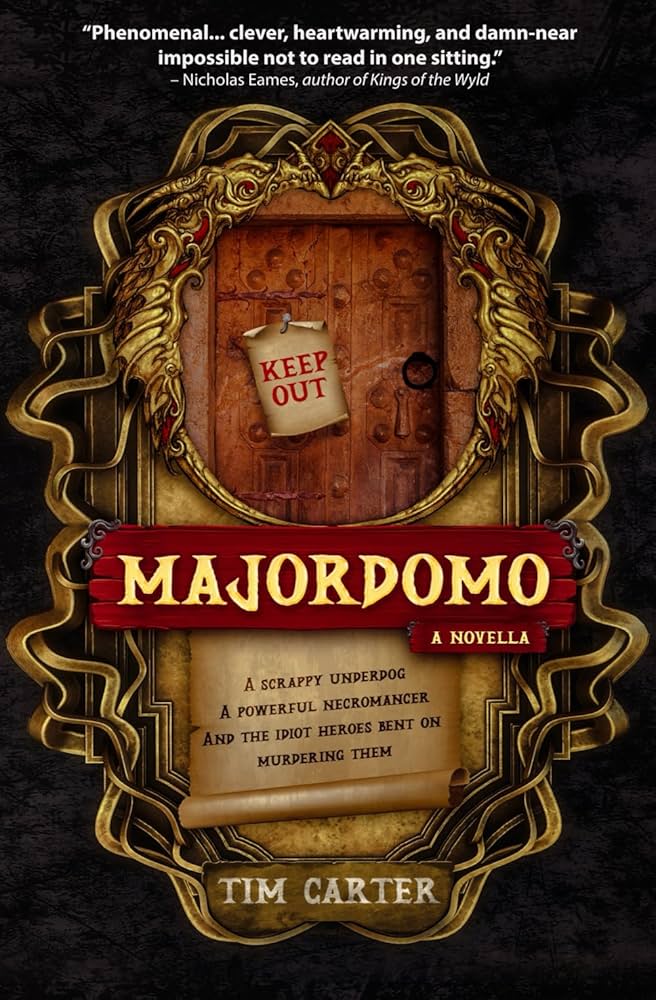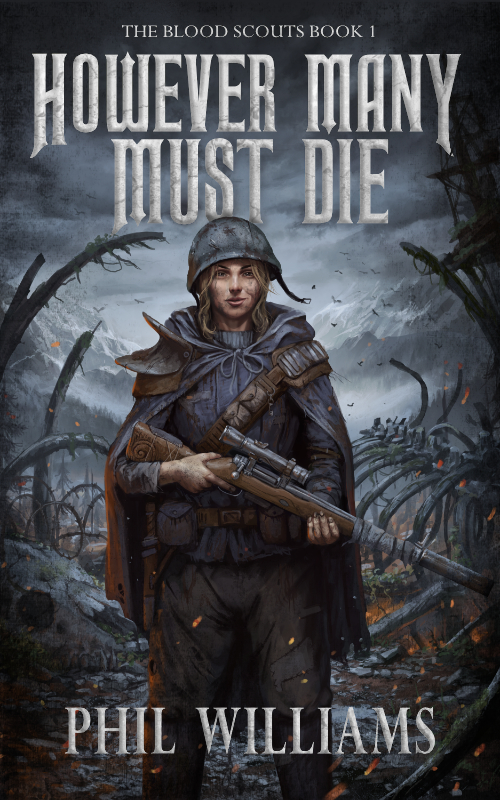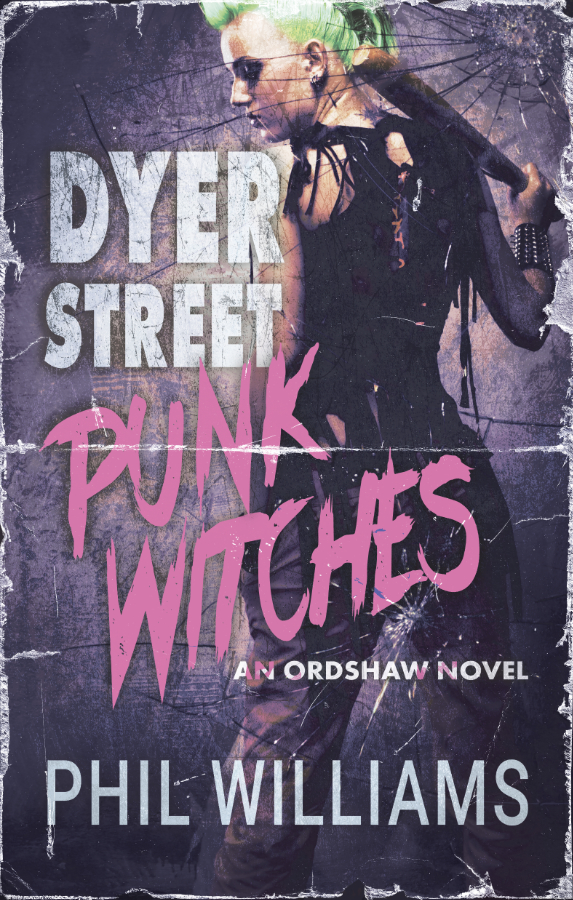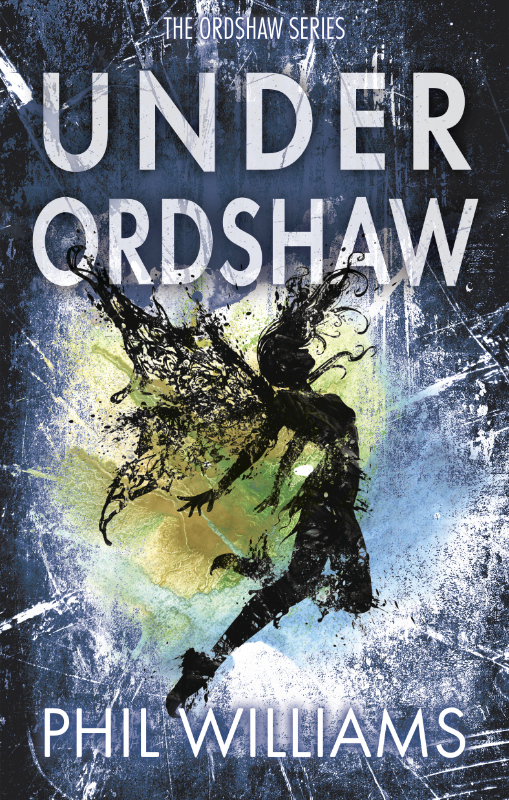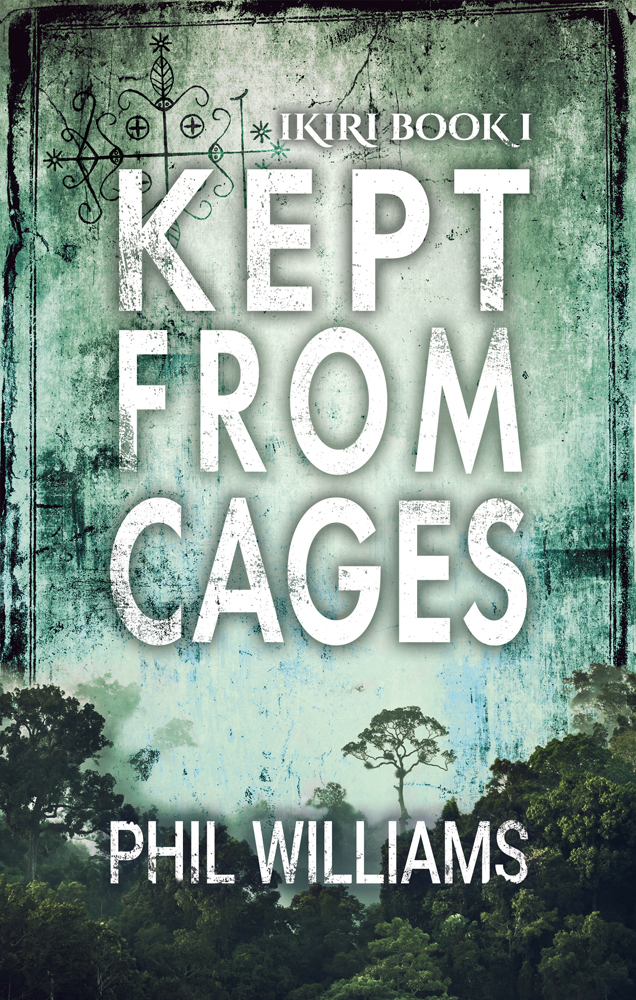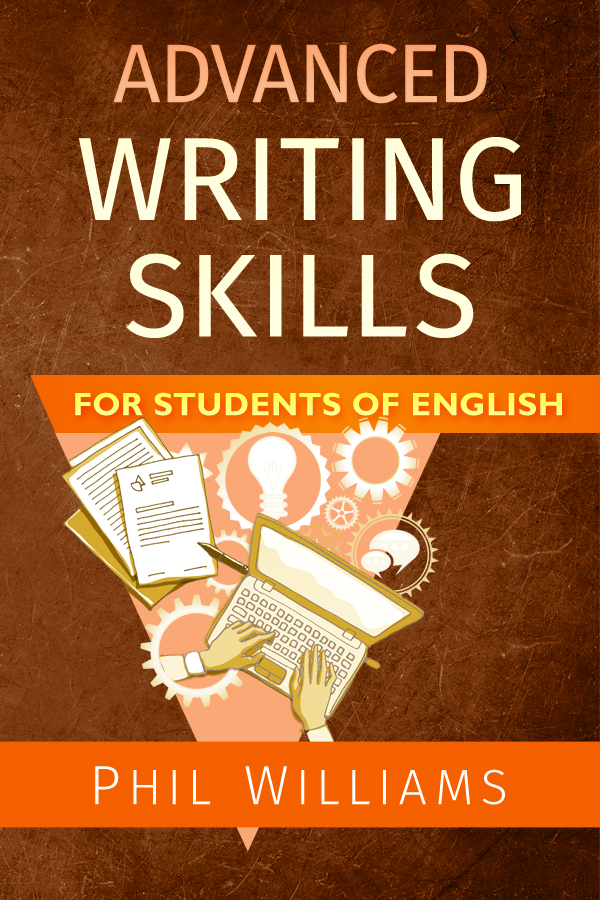Next in my series of author interviews with SFINCS contest finalists, I’m now welcoming Tim Carter, author of Majordomo, a humorous dungeon master fantasy novella!
Majordomo by Tim Carter
A plucky underdog. A powerful necromancer. And the idiot heroes bent on murdering them.
Kobolds are supposed to run away—it’s what they’re best at. But Jack? Born with a club foot, he’s had to adapt. Resilient and clever, he clawed his way to respectability as majordomo of a premiere subterranean estate. He even found a father figure in the famed necromancer who owns the place.
Life was perfect… until a superband of overpowered do-gooders arrived bent on burglary and murder. These mercilessly righteous warriors of light cannot be beaten, or at least that’s how it looks on paper.
Jack must choose between survival and the people he loves… unless he can somehow defy the stats and find an unconventional solution.
If you like Terry Pratchett, J. Zachary Pike, or Nicholas Eames, you’ll love Majordomo. Buy now, before the price goes up or the murderhobos descend.
About the Author
Tim Carter writes fiction, video games, and movies. He draws inspiration for his fiction and movies from a lifelong love of strategy and role-playing games, especially Dungeons and Dragons.
He lives with his wife and two dogs in Vancouver, Canada. He is best known for writing the console game Sleeping Dogs, writing and producing the Dead Rising series of movies, and producing the digital series Mortal Kombat: Legacy. Find him online here.
And so, to interview stations!
PW: What inspired you to write this book?
TC: Majordomo grew out of my D&D campaigns during the COVID-19 lockdown. My gaming group discovered the online tools for playing remotely, and we played several massive campaigns. It struck me that my friends mostly behaved like murderhobos and that the traditionally weaker D&D-type characters were often treated like cannon fodder. So, I decided to tell a story from their point of view. The hero, Jack, just wants to manage a dungeon and be left alone. But all these do-gooders keep showing up bent on murder and pillage.
As the story evolved, my father became quite ill, and I worked in some of my feelings about losing him. This gave the story a very personal and emotional element that I think shines through in the final version.
PW: It definitely does; it’s always interesting where the soul of a story comes in. How did you find that element affected the writing process?
TC: It gave me a much stronger connection with the book, obviously. In hindsight, it probably encouraged me to make Nepherous an even better father figure. And to really lean into Jack’s sense of loss.
PW: Was it always intentionally a novella?
TC: Yes. Originally, I wrote it as part of the Anvil Press’s 72-hour novel contest. This usually produces a 100 ish page story. I submitted it at the end of the long weekend, when the contest takes place, but I liked it so much that I decided to self-publish it rather than wait for the contest to announce winners, which can take many months.
PW: That’s fast work! And how does this book now fit into the rest of your work?
TC: I have written numerous screenplays, video games, and short stories over the years. This is my first long-form fiction. So, in a way, it’s breaking new ground for me. It was really exciting to finally take on narrative fiction and be able to get to the end of a story, even one that was only 100 pages long.
PW: Do you find this length of story presents any particular benefits compared to longer or shorter forms?
TC: I think if you set out to write a novella, you’re giving yourself a much firmer ending target. This forces you to pick and choose what’s important. So it acts to focus the writing more. You just can’t afford to go down side tracks.
PW: On the other hand, does publishing a novella present any particular challenges compared to longer or shorter work?
It’s kind of the same answer. The challenge is that you have to stay focussed. Sometimes, it can be nice to wander a little, even if you cut that section out later. When tackling a novella, I was very aware of my structure and its limitations. I’d have liked to explore more, fleshing out some additional characters and giving them their due. If I were to try a novella again, I think I’d choose an even more straightforward story, so that I could stay focussed and so that the characters who were in the book all got the time and thought they deserved.
PW: Did you find that experience differed much from your earlier writing? In my experience script writing can be much more structured/focused overall, so I imagine this longer form fiction tempting you in more divergent directions…
TC: The main difference was that I was writing this for myself. Usually when I’m writing a movie or a video game, I’m working for other people. Even if I’m writing a script on spec, it’s usually an adaptation of a game or a book, so I don’t have complete creative freedom.
The novella and my upcoming novel are 100% my imagination and where I wanted to take the story. That’s addicting, especially after so many years working as part of creative teams.
Screenwriting can be more structured, too, though I think that’s not always bad. It forces you to ask yourself the best way to tell a story, given the tools you have at your disposal. In contrast, you can do almost anything you want with a novel. Sometimes, that can lead you into the weeds. I often find myself inventing self-imposed rules just to give the process coherence.
PW: Agreed, those screenwriting restraints can be helpful! But did it make you want to write more in this format?
TC: Yes, absolutely. I’ve already finished my next novel, Jester, which comes out April 14th. I’m about 25,000 words into my third book now.
PW: Do you have any notable experience to share for marketing novella-length fiction?
Honestly, I don’t think I do. This was my first book, and I learned what I know of marketing by listening to podcasts. They were very helpful for the basics, but that was about it. I think one thing I’ve learned is the value of community. The indie writer community is great, and many writers have supported Majordomo with reviews or mentions or other assistance. That has probably driven more sales and profile than anything.
The other lesson, obviously, is to enter contests like SFINCS. Not only has SFINCS introduced my writing to many new readers, but it has also introduced me to many new reviewers. I think it’s a fantastic way to boost writers. It’s also helped build up my TBR list, although it needed less help than my marketing efforts.
PW: Seeking out the community for advice is good advice! What’s next for this book, and your work in general?
TC: I have that new novel, Jester, coming out April 14th. It’s set in the same world as Majordomo, and has a similar tone. But the story and characters are different. I’m hoping to use Majordomo to recruit readers, as I tend to think that a good book is the best possible marketing tool for other books.
PW: We’ll all be keeping an eye out for it, I’m sure! And lastly, how has reaching the SFINCS finals impacted you?
TC: It’s helped me a lot. I see an uptick in sales after most major reviews, and the exposure has certainly driven some word of mouth. After the first few months of my launch, my reads and sales really tailed off. After I started SFINCS, and especially as I made it to the later rounds, my sales increased significantly.
PW: That is great to hear; can’t argue with cold hard sales! Thanks so much for joining me, and best of luck with the contest and the novel release!
I’ll be back soon with the next (final, I think?) of our finalist interviews, and remember you can keep up with the full competition here. And be sure to check out Majordomo!

